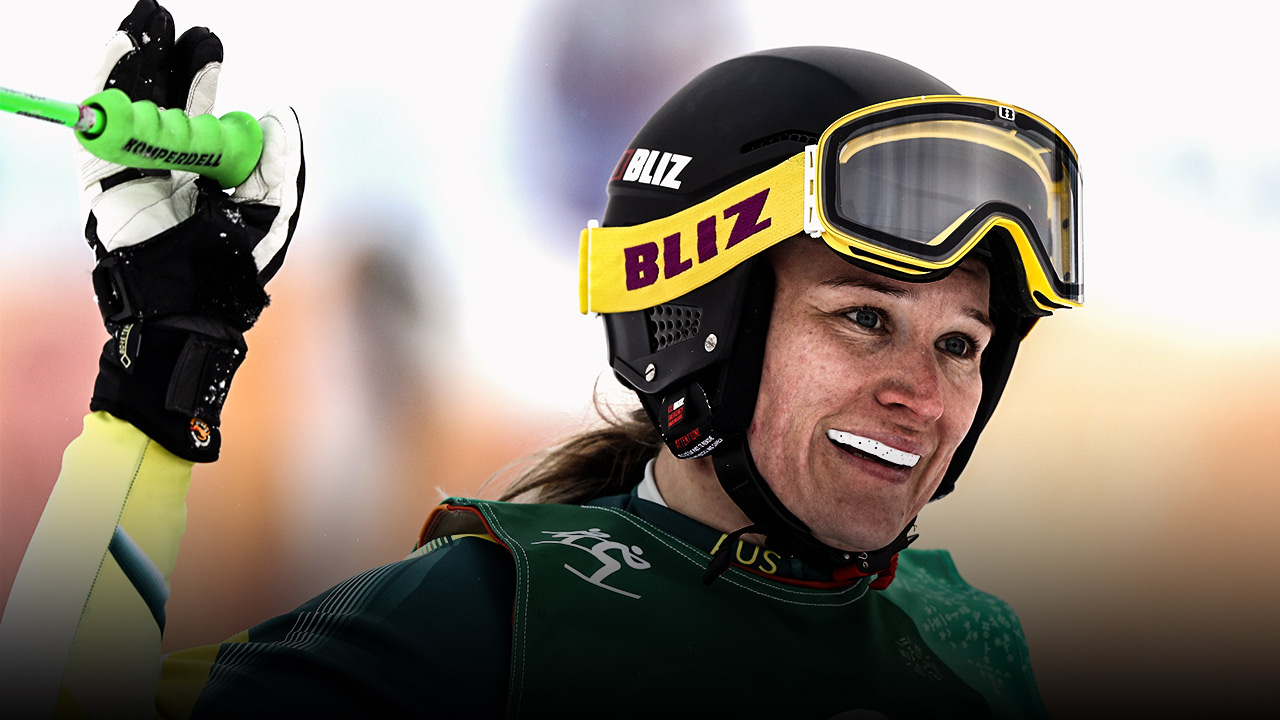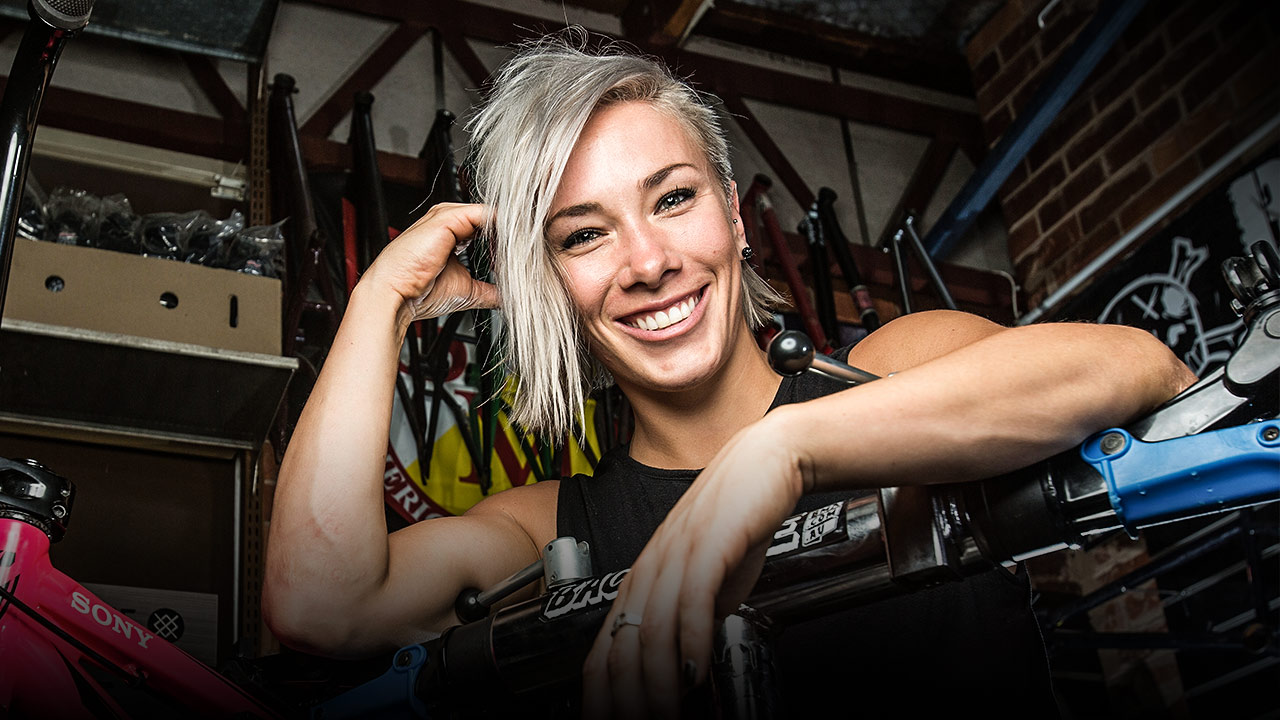I’m currently involved with the Australian Institute of Sport’s Gold Medal Ready program which supports our top athletes to be prepared for the stress and expectation around the Tokyo and Paris Olympics.
I’m also completing a Ph.D. looking at lifestyle practices and mindsets of elite athletes and focussing on the factors that affect performance.
The first study I completed was interviewing ten World, Olympic and Paralympic champion athletes including Cathy Freeman, Ian Thorpe, Layne Beachley and Russell Mark, among others. The athletes were from a variety of sports; combat, extreme, individual, small-team, large-team.
One of the things featured strongly in all the interviews and I also experienced in my career, was the importance of interpersonal relationships. A good relationship can affect your cortisol levels positively and assist performance. Conversely, the opposite can also be true.
When you look at elite sport, the further along the elite pathway you go the higher the chance of harassment, ostracism, bullying, sexual assault. All those factors are increased, unfortunately.
So, I’ve developed a model looking at ways to strengthen interpersonal relationships in sport and how to educate service providers within the athlete’s support team. We found in the research that some of the strongest relationships are with the masseur, the physio – people with whom athletes feel there is no pressure and they can open up and communicate freely.
Those members of the support staff aren’t making big decisions about selection or dropping them from the team so there’s a different power dynamic than with the coach.
We found, with coaches, if they were a person who would ask about your day or your partner, those qualities were far more important than just technical ability at that level. I found that so interesting.
There are important questions every athlete should ask themselves during their career.
We’re just starting to find a way to measure and teach the skills of building and strengthening interpersonal relationships. Once people value them as performance enhancers, they’re much more likely to engage. If a coach knows that simply asking how someone is going is beneficial to their performance, they’re more likely to do it.
We’re doing some research at the AIS now on measuring this. How do we quantify relationships? We have such a strong resource with the Gold Medal Ready alumni, more than 30 Olympic gold medallists, and gold medal-winning coaches sharing real experiences.
GMR is about sharing stories and lived experiences. They’re not the stories that get shown in the media, where everything seems to have gone perfectly. These are the “I felt terrible, I was in the toilet throwing up” stories. All the stuff that goes wrong and making it real and relatable.
The pressure-cooker of the Olympic Games can bring out vastly different stress responses than other major events. We want athletes to be ready and prepared for that, so using stories and experiences from a variety of athletes who have been there gives them something to draw on and remember when they are faced with a similar experience.
There are important questions every athlete should ask themselves during their career.
“Who am I without my sport? If I didn’t have my sport, what are the things I’d really love to do in my life that would make me thrive and flourish as a human?” That is the starting point to consider career options.
It needs to be athlete-led. Who are you without your sport? Answering that helps your transition. We often see so many mental health issues arise when athletes finish their sport (either planned or forced retirement due to an injury). Focus on having other interests and commitments outside of sport during their career is important in making this transition smooth
This can be in the way of vocation, education, community activity, a whole host of things but it needs to be supportive, integrated and well thought out.
The more they have outside their sport the easier the transition.
More about: AIS | Lauren Burns | Olympic Games | Taekwondo




 Load More
Load More